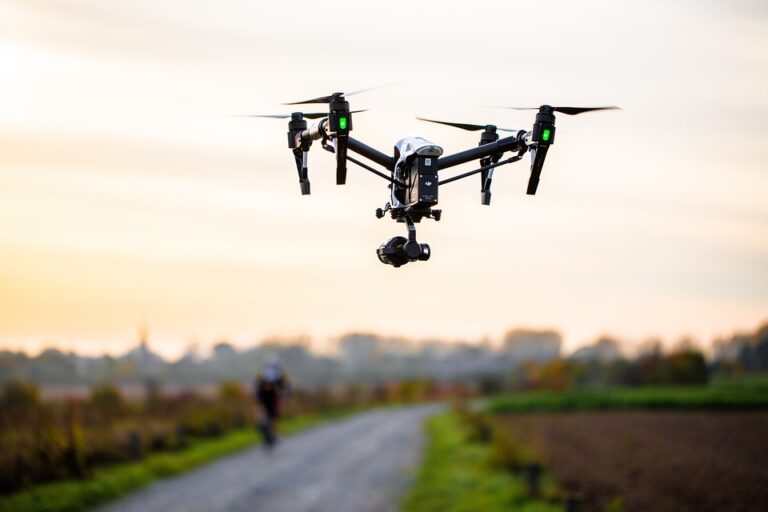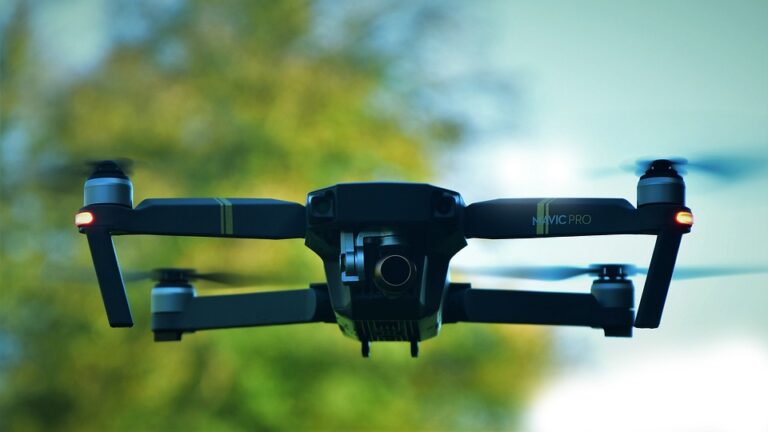Drones for Precision Agriculture: Enhancing Yield and Reducing Environmental Impact
In recent years, the agricultural industry has witnessed a significant transformation with the introduction of technological advancements. One such innovation that has gained traction is the use of drones for precision agriculture. Drones, also known as unmanned aerial vehicles (UAVs), have revolutionized farming practices by providing farmers with valuable data and insights to enhance crop yield while minimizing environmental impact. This article explores the benefits of drones in precision agriculture, including increased efficiency, improved crop management, and reduced reliance on harmful chemicals.
One of the key advantages of drones in precision agriculture is their ability to collect accurate and timely data. Equipped with various sensors and imaging technologies, drones can capture high-resolution images of crops, monitor plant health, and detect early signs of disease or nutrient deficiencies. This data is crucial for farmers as it enables them to make informed decisions about irrigation, fertilization, and pest control, leading to improved crop management practices.
Traditionally, farmers have relied on manual scouting to monitor crop health, which is a time-consuming and labor-intensive process. With drones, farmers can cover large areas of land in a fraction of the time, providing them with a comprehensive view of their fields. This increased efficiency allows farmers to detect and address issues promptly, preventing potential crop losses and reducing the need for costly interventions.
Moreover, drones can provide real-time data on soil moisture levels, enabling farmers to optimize irrigation practices. By accurately assessing the moisture content of the soil, farmers can avoid over or under-watering, leading to significant water savings and reduced reliance on irrigation systems. This not only conserves water resources but also minimizes energy consumption associated with pumping and distributing water, thereby reducing the carbon footprint of farming operations.
Another significant benefit of drones in precision agriculture is their ability to reduce the use of harmful chemicals. Traditional farming practices often involve indiscriminate spraying of pesticides and fertilizers, leading to environmental pollution and health risks. Drones equipped with advanced imaging technologies can identify specific areas of crop infestation or nutrient deficiency, allowing farmers to target these areas with precision.
By applying pesticides and fertilizers only where they are needed, farmers can minimize the overall use of chemicals, reducing the potential for runoff and contamination of nearby water bodies. This targeted approach not only protects the environment but also improves the health and safety of farmers and consumers, as exposure to harmful chemicals is minimized.
Furthermore, the use of drones in precision agriculture can contribute to sustainable farming practices by promoting biodiversity and supporting ecosystem health. Drones can help identify areas of land that are suitable for the establishment of wildlife habitats or conservation zones. By mapping these areas, farmers can set aside land for conservation purposes, allowing native plants and animals to thrive.
Additionally, drones can be used to monitor natural resources such as rivers, forests, and wetlands, providing valuable information for land management and conservation efforts. This data can help farmers adopt sustainable practices that preserve natural habitats and protect biodiversity, ultimately contributing to the overall health of ecosystems.
In conclusion, drones have emerged as a game-changer in precision agriculture, offering numerous benefits to farmers and the environment. The ability of drones to collect accurate and timely data allows farmers to make informed decisions about crop management, leading to increased efficiency and improved yields. Moreover, drones enable farmers to reduce their reliance on harmful chemicals by targeting specific areas for intervention, minimizing environmental pollution and health risks. Additionally, drones promote sustainable farming practices by conserving water, supporting biodiversity, and protecting natural habitats. As the agricultural industry continues to evolve, the integration of drones in precision agriculture is set to become an indispensable tool for farmers, enhancing yield and reducing environmental impact.




